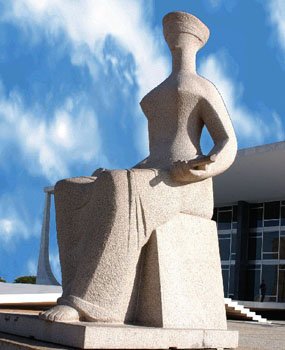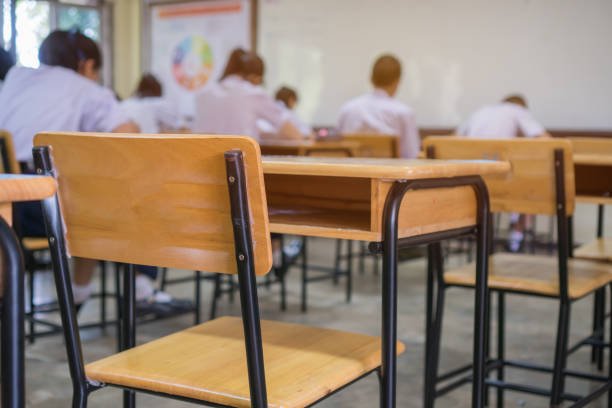
It’s final! The Brazilian Supreme Court ruled: ALL schools, public and private, MUST perform the registration and meet the needs of all students, including students with disability, without an extra fee.
This is a historic achievement in defense of people with disabilities. Another step in the fight against prejudice and discrimination.
See this excerpt from the rapporteur, Minister Edson Facchin’s vote:
“To the school is not given to pick, segregate or separate, but their duty is to teach, include and live with. Being closed to difference deprives people from a colorful diversity coexistence. It is only through the interaction with the difference that we may build a just, free and caring society.
As it is known, private educational institutions engage in economic activity and, as such, must adapt to accommodate people with disabilities, providing educational services that do not focus the issue of disability limited medical perspective but also environmental.
(…)
Inclusive education is stable public policy, designed, mature and refined over time in national and international deliberative spaces of which Brazil is a member. Not only that, it was incorporated into the Constitution as a rule.“
Then eight ministers agreed with him.
– A school that prepares students for life must face the presence of students with disabilities as an opportunity to show the children an atmosphere of solidarity and fraternity – pondered Teori Zavascki.
– Not to grant access to these children with disability is prejudice. Prejudice is the worst of disabilities. And schools are full of prejudiced people – said Luiz Fux.
We thank all amici curiae that defended the right to inclusion in the Supreme Court: the Federal Council of the Bar Association of Brazil (CFOAB), the National Association of Public Prosecution Defense of the Rights of the Elderly and Persons with Disabilities (AMPID), the Public Defender of the State of São Paulo (DP-SP), the National Federation of APAES (FENAPES), the Brazilian Federation of Down Syndrome Associations (FBASD) the Brazilian Association for Action for rights of Persons with Autism (ABRAÇA), the Brazilian Institute of Family Law (IBDFAM), Alana Institute (São Paulo) and SouzaCescon Office, who worked pro bono for Movimento Down.
We hope that private schools take this opportunity to work together to expand school ample, general and unrestricted inclusion!
Patricia Almeida



